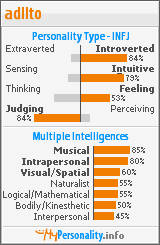
..."ordered desires expand us without diminishing the other. They draw us into a creative relationship with what lies beyond ourselves without tempting us to try to possess it."Last night I happened to watch Love/Juice which was directed by Kaze Shindo and has had some acclaim. Two young women, Kyoko and Chinatsu live together in an apartment in Tokyo. Best friends, they share and everything together, including using the same bed. Together they cruise the local clubs and bars for fun, do drugs, etc. However things change as Chinatsu confesses love for Kyoko. Reviewers have seen this movie as a lesbian fresh-faced take on the narrow line between friendship and love. But they missed the huge visual metaphor of fish in the film deeply symbolic of the girls' relationships with each other and others. A lot of time is given to a local aquarium where the camera indulges itself with lingering shots of fish consuming other fish. This movie presented me a real insight into a world of disordered desires. This world was a web of consuming the other, of hedonism and self-centredness, of trying to possess the other. But there is another way to live. Instead of living in our needs, in the web we might instead begin, in Silf's words, "the process of sifting out the deepest desire" and allowing that to attract us like a bee to a flower. (Because of the ultra violet spectrum bee's eyes see my flower drawn is black! You go figure!)
But this precious treasure - this light and power that now shines within us - is held in perishable containers, that is in our weak bodies. So everyone can see that our glorious power is from God and is not our own. 2 Cor 4:7
















